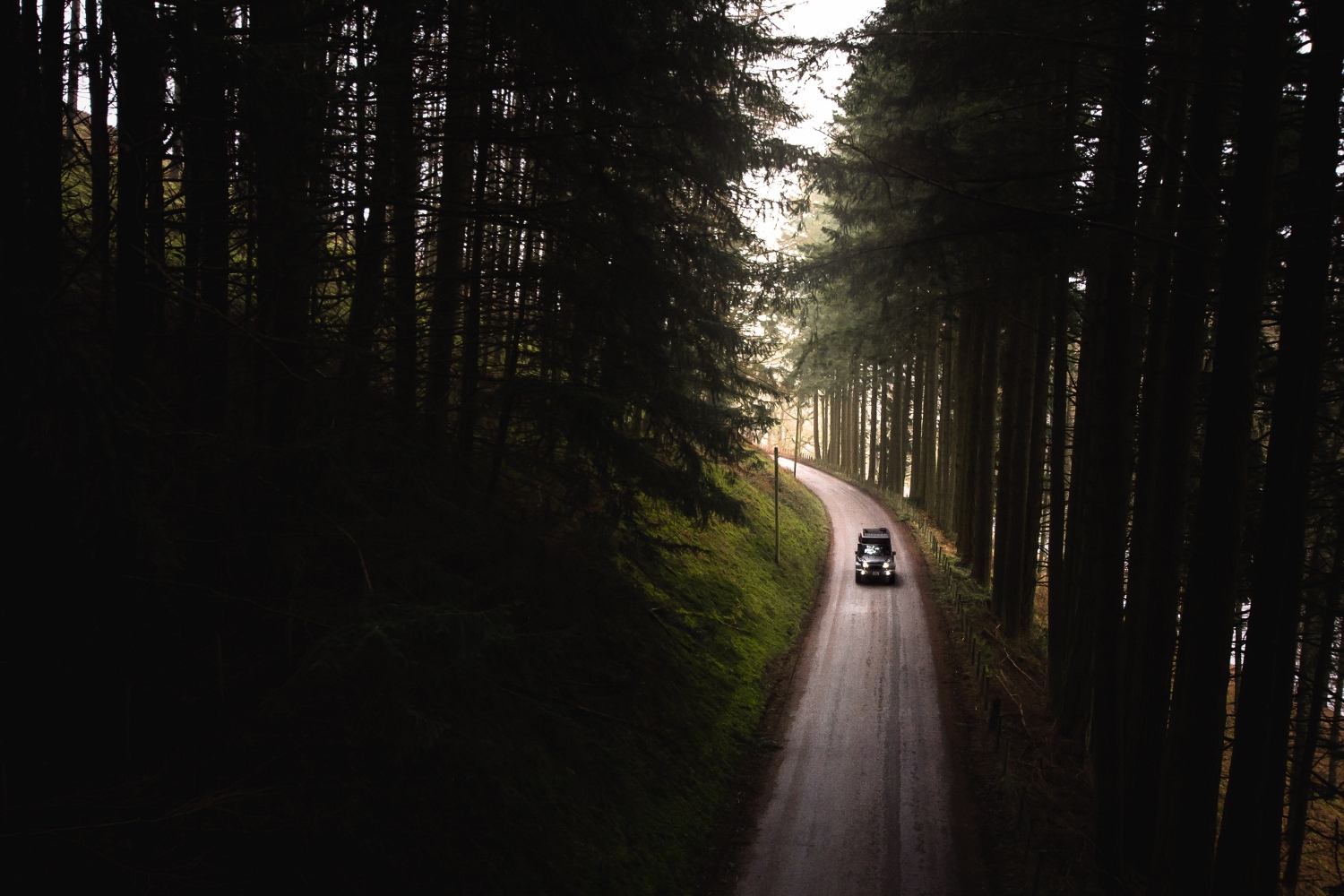According to new research of 2,000 British consumers by energy company E.ON, 25% of the population are hanging onto tech that’s 20 years or older. In fact our homes are playing host to gadgets and electrical devices that are on average 14 years old.
The new research reveals that 28% use old tech because they feel comfortable using them, whilst 32% don’t see the need to upgrade.
The research also discovered 64% of Brits refuse to experiment with new gadgets and gizmos.
In fact nearly 47% of people say new technology makes them feel nervous. 50% go as far as saying they are sceptical about using the latest gadgets.
Although new technology might actually help them save money almost 69% of homeowners don’t worry about refusing to upgrade.
Despite Brits’ love for older technology, the data shows that Brits aren’t entirely resistant. Some are being encouraged to embrace newer, money-saving tech to make their lives easier. This includes smart TVs (40%), Smart Energy Meters (24%) and Bluetooth Speakers (20%).
As well as tech to improve their lives, almost three-quarters of Brits are using technology to monitor various aspects of their life. Online banking was the most common at 44%. People are also using new tech to help monitor data usage (25%), energy use (23%) and fitness activities (22%)
The main reasons newer technologies were adopted was ‘To make my life easier’ (38%). Trying ‘To be more energy efficient’ (31%) and wanting ‘to save money’ (28%) were the other key reasons.
Despite this some people are still sceptical of the benefits of smart meters.
28% of people wrongly believe a smart meter won’t make a real difference to their bills despite being able to track their energy use in pounds and pence in near real-time.
33% still read their meter to keep track of their energy use.
By 2020, the Government intends for everyone in Great Britain to have been offered the switch from old-style gas and electricity meters to more advanced smart meters, which send accurate usage information to energy suppliers in near-rear time and give people more visibility of and control over their energy use and spend.
View the full case study here to find out how we carried out this research and the coverage it generated.





